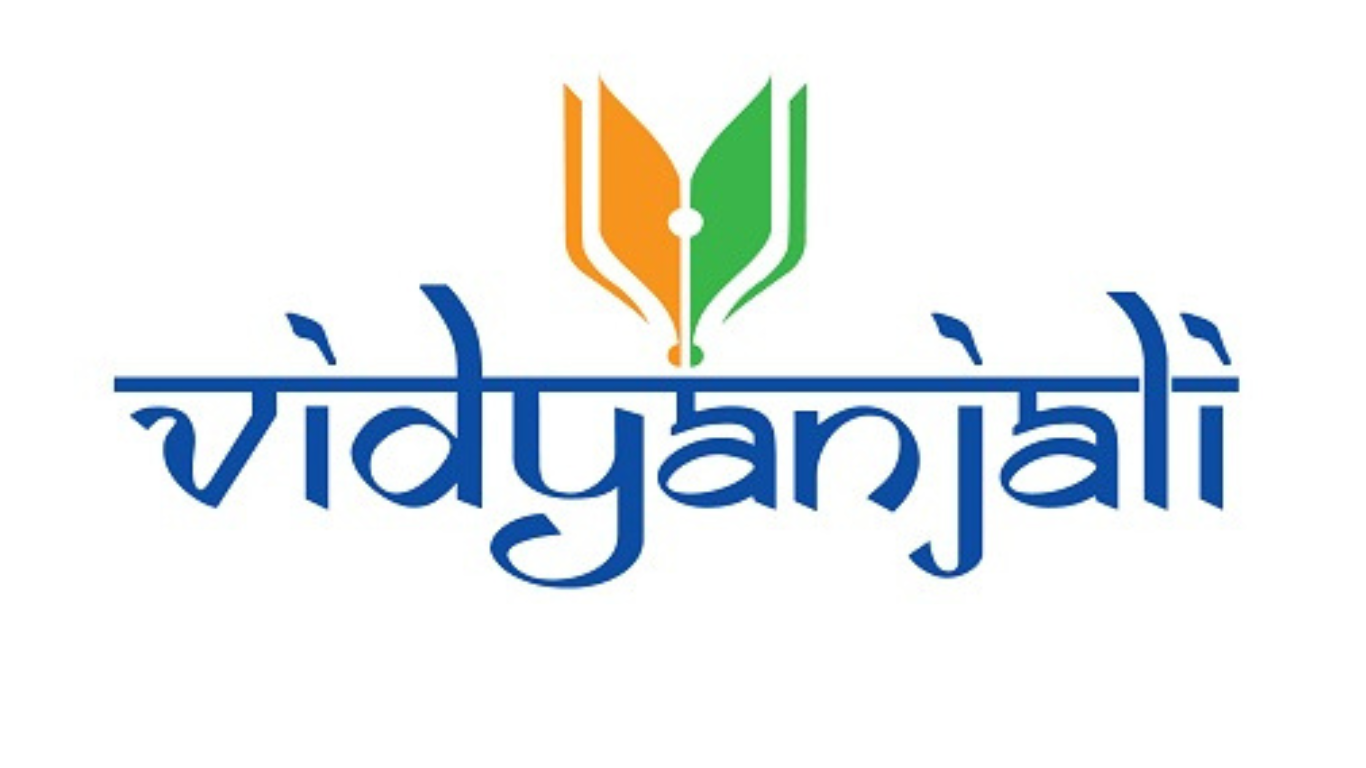Vidyanjali: Its Purpose, Impact, and Implementation

Vidyanjali is a significant initiative launched by the Ministry of Education in India, aimed at strengthening the public education system by fostering community and private sector involvement. This unique program acts as a bridge between volunteers from diverse backgrounds and schools in need of support, enabling individuals and organizations to contribute their time, skills, and resources for the betterment of education in India.
In this blog, we delve into what Vidyanjali is, its objectives, its operational structure, and its impact on the education ecosystem. We will also explore how individuals and organizations can become part of this transformative movement.
What is Vidyanjali?
The term “Vidyanjali” combines two Sanskrit words: Vidya (knowledge) and Anjali (offering), symbolizing the act of offering knowledge to nurture education. The program was introduced under the Samagra Shiksha initiative by the Department of School Education and Literacy, Ministry of Education, Government of India. It aligns with the National Education Policy (NEP) 2020’s vision of integrating community participation into the education sector.
Objectives of Vidyanjali
Vidyanjali seeks to:
- Bridge Educational Gaps: Provide additional support to schools in terms of infrastructure, academic resources, and mentorship.
- Encourage Volunteerism: Motivate individuals to share their expertise in areas such as academics, extracurricular activities, and career guidance.
- Foster Community Engagement: Create a sense of shared responsibility for educational development among communities, retired professionals, and private sector organizations.
- Enhance Educational Quality: Support schools in delivering holistic, student-centric education by addressing specific gaps.
How Vidyanjali Works
Vidyanjali operates through an online platform, accessible to volunteers and schools alike. Here’s how the program is structured:
1. Registration for Schools
Schools register on the Vidyanjali portal, detailing their specific needs. These requests may range from teaching support in a particular subject to improving sports facilities or organizing community outreach programs.
2. Volunteer Participation
Individuals and organizations can register as volunteers, offering services like mentorship, teaching, or infrastructural support. After reviewing a school’s needs, they can express interest in contributing.
3. Collaboration
The portal facilitates interaction between schools and volunteers. Once a match is made, volunteers coordinate directly with school authorities to provide the required support.
4. Monitoring and Feedback
Both schools and volunteers are encouraged to share feedback, which helps refine the program and ensure its effectiveness.
Types of Contributions Through Vidyanjali
Volunteers can contribute in various ways:
- Teaching Assistance: Providing academic lessons, especially in subjects where schools face shortages.
- Co-curricular Activities: Supporting art, music, sports, and other extracurricular programs.
- Skill Development: Organizing workshops on vocational skills, technology, and financial literacy.
- Infrastructure Support: Funding or donating resources like computers, books, and lab equipment.
- Mentorship: Guiding students on career options and higher education opportunities.
Who Can Volunteer?
Vidyanjali encourages participation from:
- Retired teachers and professionals.
- Corporates and non-profits through their CSR programs.
- Young professionals and students.
- Indian diaspora members keen to give back to their communities.
Success Stories of Vidyanjali
Vidyanjali has enabled schools in rural and underserved regions to improve their educational standards significantly. Examples include:
- Enhanced student learning outcomes through teaching assistance.
- Schools receiving infrastructural upgrades like smart classrooms and libraries.
- Career guidance programs that have motivated students to pursue higher education.
Challenges and Opportunities
Challenges:
- Awareness: Not all eligible schools and volunteers are aware of Vidyanjali’s potential.
- Connectivity: Rural areas with limited internet access may face difficulties using the platform.
- Sustained Engagement: Maintaining long-term volunteer commitments can be challenging.
Opportunities:
- Community Development: Strengthening local communities by fostering educational opportunities.
- Scaling Impact: Using technology to connect more schools and volunteers nationwide.
- Policy Integration: Aligning Vidyanjali initiatives with broader education reforms for sustainable change.
How to Get Involved
- For Volunteers:
- Visit the Vidyanjali website.
- Register your details and browse schools’ requirements.
- Commit to tasks aligned with your skills and interests.
- For Schools:
- Register on the platform and specify your needs.
- Engage with volunteers and provide clear objectives for their contributions.
- For Organizations:
- Integrate Vidyanjali into CSR activities.
- Partner with schools to address critical gaps in education infrastructure or teacher availability.
Conclusion
Vidyanjali exemplifies how community and private sector participation can revolutionize public education. By empowering schools with additional resources and expertise, it paves the way for a more equitable and high-quality education system. Whether you’re an individual volunteer, a corporate entity, or a school seeking support, Vidyanjali offers a robust platform to foster collaboration and create lasting change.
Start your journey with Vidyanjali today and make a meaningful difference in shaping the future of India’s education landscape.



